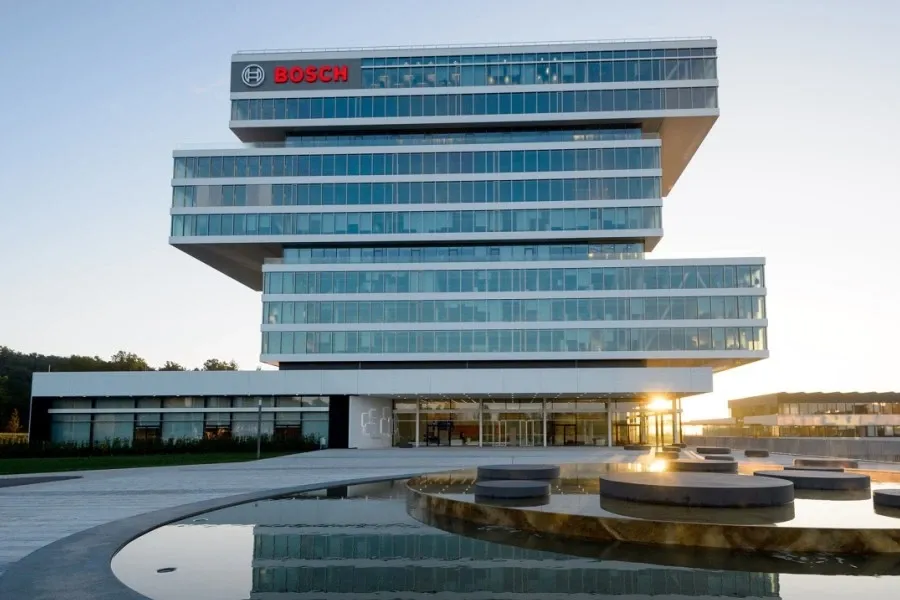Meta Plans to Double the Production of Ray-Ban AI Glasses
Meta Platforms and EssilorLuxottica discussed doubling the production of AI Ray-Ban smart glasses by the end of the year.

Bosch believes 5G local area networks are the way forward. The company has applied for 5G operating licenses for selected German locations. Bosch has initially applied for licenses for the lead plant for Industry 4.0 in Stuttgart-Feuerbach and the research campus in Renningen.
“As an IoT company, Bosch began researching into 5G early. The new communications standard is a key to automated and connected driving, and an essential element of the factory of the future,“ said Michael Bolle, the Bosch Group CDO and CTO.
Following licensing by the regulatory authorities, Bosch intends to set up these local 5G networks in collaboration with selected partners over the course of 2020 in order to better exploit the potential of Industry 4.0. Over the next few months, 5G trials will be conducted at Bosch plants and at its research campus in Renningen, in preparation for rollout in the company’s manufacturing operations.
The Bundesnetzagentur, the regulatory authority responsible for frequency allocation in Germany, recently changed its policy and now allows companies to obtain licenses for their private use. This will enable Bosch to set up its own 5G networks and thereby improve its competitiveness.
"Private campus networks offer a maximum of security and independence. 5G speeds up industrial manufacturing processes. By establishing local 5G networks, we will be able to take a significant leap forward in our ambitions to create the factory of the future", said Rolf Najork, the Bosch management board member responsible for industrial technology.
Local 5G networks virtually eliminate dependence on third-party providers. By setting up and operating their own wireless networks, manufacturers can configure them to meet the often highly demanding requirements of industrial communication applications. This solution also gives them full control over relevant security concerns. For instance, if the public network is overloaded, local 5G networks permit factory operations to continue without losing control of the system.
For the first time, the introduction of the new 5G standard gives companies in Germany the opportunity to set up and operate their own cellular local area networks. The German regulatory authorities have set aside the frequency band from 3,700 to 3,800 MHz for this purpose. Frequencies will be allocated according to demand, with preference given to Industry 4.0 or agricultural and forestry applications.
Licenses will be granted for an initial period of ten years. The fee for each license is the sum of a basic EUR 1,000 fee, the allocated bandwidth (from at least 10 to a maximum of 100 megahertz), the number of years for which it is allocated, and the surface area (in square kilometers) to which the allocation applies (with a distinction being made between built-up areas and transport routes and other areas).